What is Imposter Syndrome?
Imposter syndrome is a cognitive distortion that causes people to doubt their skills and accomplishments. This syndrome, which was first identified in 1978 by psychologists Pauline Rose Clance and Suzanne Imes, elicits feelings of self- doubt and personal incompetence that persist despite your education, experience, or accomplishments. People with Imposter Syndrome often feel that they have only succeeded due to luck.
The Five Types of Imposter Syndrome
There are five distinct Imposter Syndrome types that show up in different ways, and bring their own unique sets of challenges.
Superhero
Continually overworks themselves to make up for how inadequate the feel.
Natural Genius
Sets exceedingly high goals and then feels crushed when they don’t meet them.
Expert
Never satisfied with their level of expertise, and is always trying to learn more.
Perfectionist
Never completely happy with their work, and is fixated on flaws instead of strengths.
Soloist
Prefers to work alone, and won’t ask for help for fear of appearing weak or incompetent.
What causes Imposter Syndrome?
In the earliest studies on the phenomenon, researchers found that Imposter Syndrome was connected to factors including early family dynamics and gender stereotypes. Subsequent research has shown that this phenomenon occurs in people of all backgrounds, ages, and genders. Personality traits or characteristics that have been linked to a higher risk of experiencing Imposter Syndrome include Low Self-Efficacy, Perfectionism, Neuroticism, and Social Anxiety. The core reason that people experience Imposter Syndrome is really due to their unrealistic, unsustainable notions about what it means to be competent.
Imposter Syndrome from childhood trauma
Your upbringing and family dynamics can both be Imposter Syndrome causes. Parenting styles characterized as controlling or overprotective often contribute to the development of imposter syndrome in children.
Imposter Syndrome in higher education
Impostor Syndrome is highly prevalent in school settings, which are probably the result of an overemphasis on intellectual ability, grades, and academic performance.
Imposter Syndrome in the workplace
Imposter Syndrome shows up at work as a feeling that you don’t deserve your job, despite all of your accomplishments, talent, or hard work.
Signs and symptoms of Imposter Syndrome
What does Imposter Syndrome feel like? People suffering from Imposter Syndrome feel as though, at any moment, they are going to be found out as a fraud. Signs of Imposter Syndrome include:
- Overachievin
- Self-doubt
- Sabotaging your own success
- Berating your performance
- An inability to realistically assess your competence and skills
- Attributing your success to external factors
- Fear that you won’t live up to expectations
- Setting very challenging goals and feeling disappointed when you fall short
How Imposter Syndrome affects you
Imposter Syndrome affects people in many different ways, and if left untreated, can take a toll on your mental health.
Imposter Syndrome in relationships
In a relationship, Impostor Syndrome can cause persistent worries that your partner will soon discover you’re not as great as they think. If unaddressed, these insecurities can lead you to experience great distress, and sometimes, it can hasten the end ofa relationship.
Imposter Syndrome at work
Work is fertile ground for Imposter Syndrome to show up. Despite putting in an enormous amount of effort—often to exhaustion—you will continue to beat yourself up for minor mistakes, and constantly think of yourself as unworthy of your position.
Imposter Syndrome and ADHD
Many individuals with ADHD also struggle with Impostor Syndrome. They already feel like imposters because they have to hide their difficulties from public view, and that causes additional anxiety about what would happen if people actually discovered their difficulties.
How to overcome Imposter Syndrome
Overcoming Imposter Syndrome is possible, and there are many ways to go about it. Here’s where to start:
Do your best to separate feelings from facts
Recognize that just because you think something, doesn’t mean that it’s true.
Take note of your accomplishments
In moments where you feel like an imposter, remind yourself of your successes.Recognize that just because you think something, doesn’t mean that it’s true.
Stop comparing yourself to others
Focus on measuring your own achievements instead of comparing them to other people’s achievements.
Talk to a therapist
A therapist can help you recognize feelings associated with Imposter Syndrome and create new behaviors to recognize them and to get past them.
